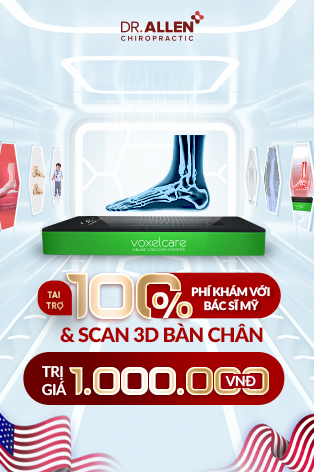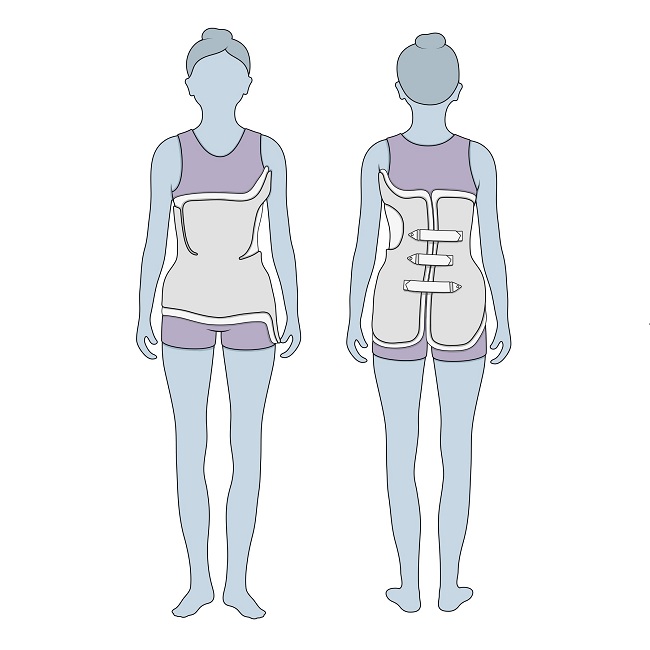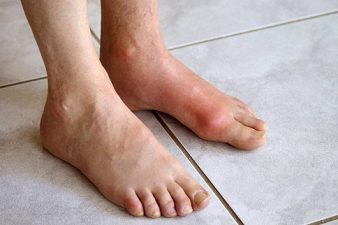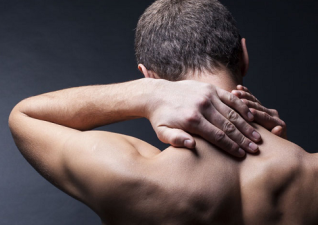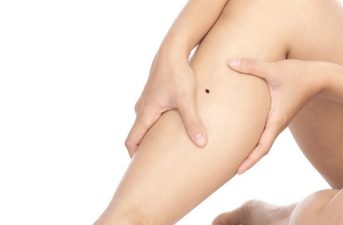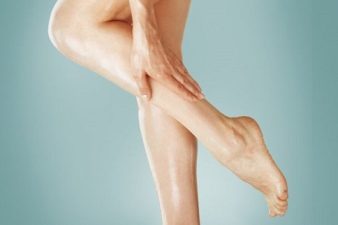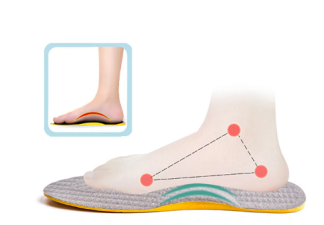Scoliosis, a condition characterized by an abnormal curvature of the spine, affects millions of people around the world, with cases ranging from mild to severe. Bracing is a common non-surgical treatment option, especially in adolescents who are still growing. It can help to prevent the curve from worsening, thus preventing future complications. Below, we explore different types of scoliosis braces and various considerations including scoliosis braces for adults and potential side effects.
Types of Scoliosis Braces
The treatment landscape for scoliosis has seen numerous types of braces developed to help manage the condition effectively. Let us delve into some of the popular ones:
1. Chêneau Brace
The Chêneau brace is a custom-made thoraco-lumbo-sacral orthosis that is designed using a three-dimensional approach to correct the spinal curvature. It works by applying corrective pressure at specific points along the spine, encouraging a more natural alignment.
2. Milwaukee Brace
Historically one of the first braces developed for scoliosis treatment, the Milwaukee brace extends from the neck to the hips, with additional pressure points that can be adjusted over time. While effective, it is often less preferred due to its conspicuous appearance.
3. Boston Brace
The Boston brace, also known as a TLSO brace, is a lower-profile option that fits under clothing relatively easily. It is designed to apply pressure on the curves of the spine, encouraging it to realign gradually. This brace is often prescribed for lower spine curvatures.
Scoliosis Braces for Adults
While bracing is most commonly used for adolescents, adults with scoliosis can also benefit from wearing a scoliosis brace to manage pain and improve posture. These braces are generally custom-fitted to provide the necessary support and correction.
Plastic Back Brace for Scoliosis
Modern-day braces often leverage high-quality plastic materials to offer robust support while also being lightweight. The plastic back braces are customized to fit the patient perfectly, providing comfort alongside function.
Scoliosis Brace Under Clothes
The design of scoliosis braces has evolved significantly over the years. Many of the modern braces can be comfortably worn under clothes, allowing patients to maintain a degree of discretion while undergoing treatment.
Scoliosis Brace Side Effects
While braces are a non-invasive treatment option, they can sometimes lead to side effects including:
- Skin irritation and pressure sores
- Discomfort and pain
- Psychological distress due to prolonged wear
- Potential muscle atrophy
Despite these side effects, bracing remains a cornerstone in the non-surgical management of scoliosis, helping to prevent curve progression and promoting a better quality of life.
Conclusion
Scoliosis bracing offers a viable route to managing the spinal curvature effectively, with various types of braces available to cater to individual needs. Whether opting for a Chêneau, Milwaukee, or Boston brace, it is imperative to choose one that aligns with the curvature type and lifestyle preferences. Consultation with a healthcare provider can guide the selection process, helping to find the most comfortable and effective solution for managing scoliosis through bracing. It is a journey towards a healthier spine, one brace at a time.

